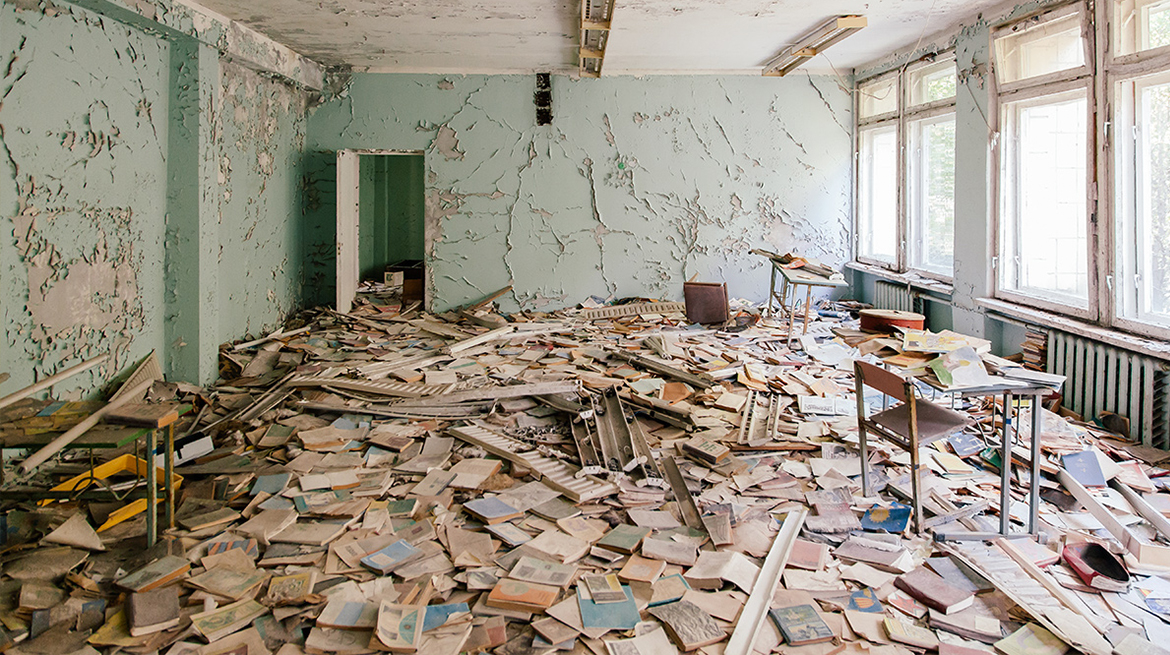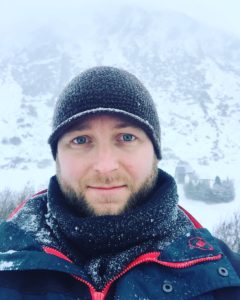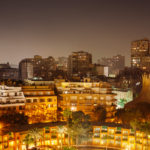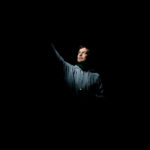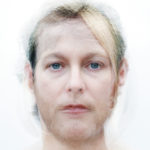Kevin C. Moore
Kevincmoore.com
Biography
Kevin C. Moore is a photographer’s agent, photographer and entrepreneur. American first, British second; he lives in London with his husband and two cats.
Q + A
What have you been doing since graduating from FSU?
I moved to London right after I graduated from FSU. I participated in the London study abroad program during the summer after my sophomore year. The following summer I returned to London and did a work placement with a company called Why Not Associates, a very well respected graphic design agency here. Most everyone working there had a master’s degree from Central State Martins. I did some research and decided that I’d like to do a two-year course after I graduate, which would allow me to get a two-year post study work visa. So, against the recommendation of all my teachers at FSU, I only applied to this one grad course, and I got in and it was brilliant. At Florida State, my focus was graphic design, but when I got into graduate school I decided to change my focus to photography. However, it was heavily arts based and not commercial whatsoever, so when I graduated I had no idea what to do with myself, how to pay my bills, or how to find a job, especially being in a foreign country. I ended up teaching photography at a private college in London, which was a preparatory school for wealthy international students who wanted to enter the English educational system. It was really fun, but I wasn’t making enough money to live on, so I started working for an entrepreneur, and she offered to pay me full-time to run her new business for a few months, which allowed me to quit my teaching job. I also started freelancing, doing web and graphic design for a cousin who was a creative director in San Diego. Through him, I got involved with a photographic charity called the Compassionate Eye Foundation, which organizes stock photography shoots with professional photographers around the world. The images are sold on Getty and the proceeds of those sales fund educational projects in developing countries. That was my first real exposure to commercial photography, and I was on really big shoots with huge volunteer crews. I met a lot of people and was introduced to a very well known agency in London, which led to a full-time position and basically got a crash course education in how the commercial industry works.
As an agent, I function as a mentor to my photographers and I really like the long-term career development that I am able to do with them. I get to discuss how their work fits into the commercial market and what they should do to develop their portfolio; this kind of mentoring is very much informed by the teaching I did. I also edit their portfolios, which is really difficult for artists and photographers to do on their own – it’s hard to be objective when it’s your own work. When you sit down with a professional and give them critical feedback, they are very grateful because it’s rather rare that someone has the time to give them serious advice to consider. They also trust my opinion because it’s my job to represent them, so there is a bit of pressure on me to be right! I also take photographers’ portfolios out and meet with people at advertising agencies and design companies and try to generate interest in their work. Looking back at my education I can see how participating in critiques and the advertising team helped me develop skills that I use now in various aspects of my career.
- From a personal series I’ve been working on for years. When I’m travelling I somehow or other always end up somewhere high up with an interesting view. This one is from my hotel room in Cairo, Egypt in December 2014.
- “At Arm’s Length” 2009 From a little project I did during my Master’s that was about capturing the moment of a ‘selfie’.
- “Blue Eyes Run In The Family” 2009 An image from my Master’s project which was based around an investigation into my family history.
What did you learn at FSU to get you there?
My professors encouraged me to apply for the BFA program, which was really good for me. There was an expectation to do extra work outside of class and to always try new things. Plus there were reviews twice a year to evaluate your work. All of this is crucial because it encourages you to get more engaged with your work and to do more than the status quo. It was also amazing to have studio space, and if I could go back in time, I would totally utilize that space a lot more. It was also a very encouraging environment to experiment and learn. Just having the freedom to explore and create without having to worry about professional commitments is something you’ll miss once you leave academia and get a job. It’s also important to get involved with a lot other people outside of your immediate group of friends. Not only does it expose you to different ideas, but it also creates a network of people that you can share work, feedback and advice with. I refer a lot of my friends to clients for commercial projects and they do the same for me. To have that kind of community, especially as it becomes a global community, is really crucial.
What advice would you give to art students?
Take advantage of the diverse educational opportunities, especially at a university like at FSU, which has so many good programs. You are attending a school with loads of possibilities and there’s so much more you can learn about than just art. One thing that has really helped me in my career is that while I was at FSU, I did a minor in communications, which included courses in advertising, mass media law, mass communication and PR. During that time, I got involved with the advertising team, which was made up of mostly advertising students. I learned about business and how to do research from a commercial perspective, while working as a team. We spent a lot of time together developing creative ideas and it became one of the more educational things I did. Definitely take advertising and business courses, because if you want to have a career in the arts or plan to freelance, it’s basically the equivalent of running a small business. It’s easy to get caught up in a bad financial situation as a result of not knowing about the business side of things. Taking advantage of those opportunities while you’re at Florida State is key, because it all comes back to influence and support your work.
